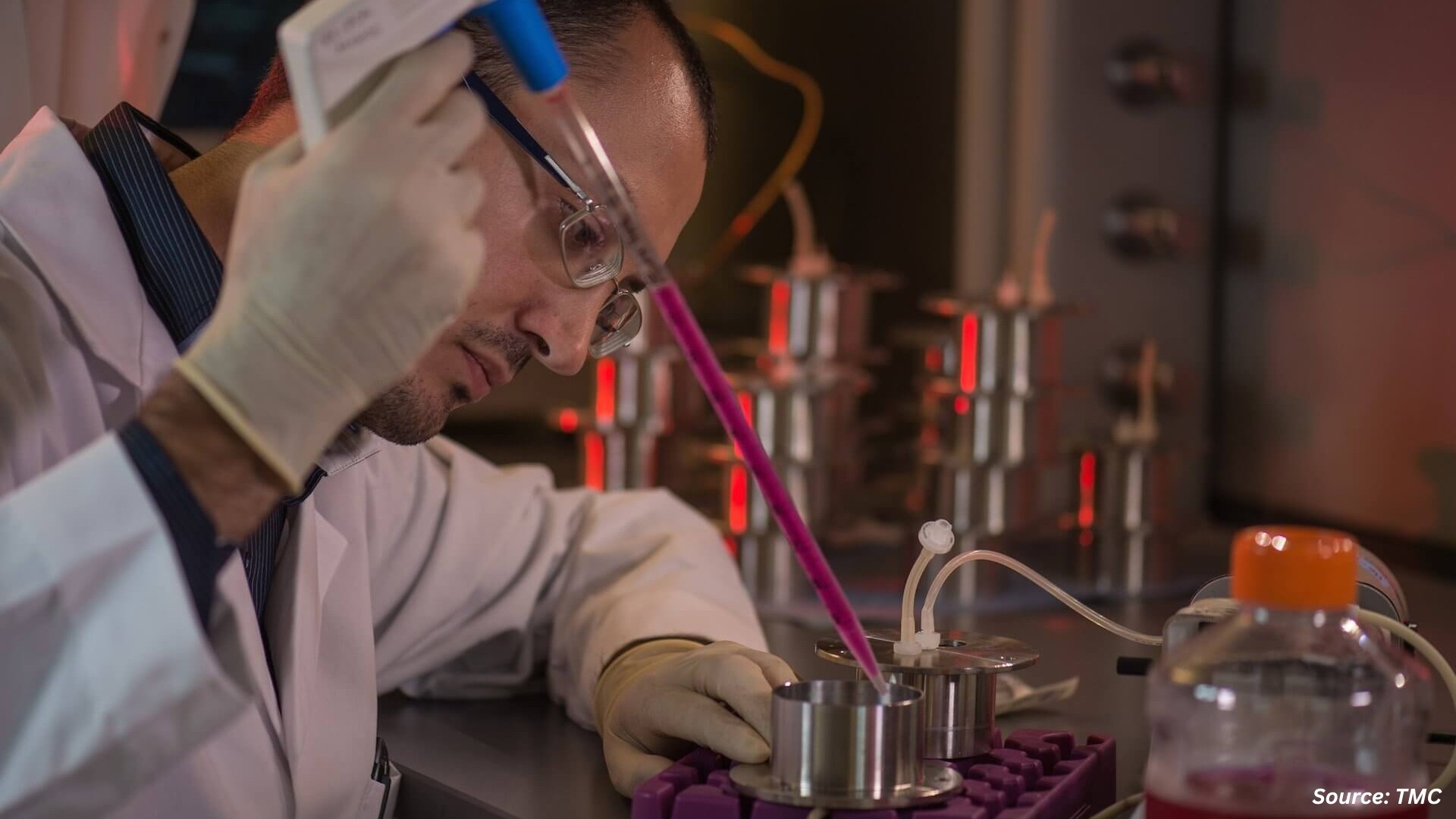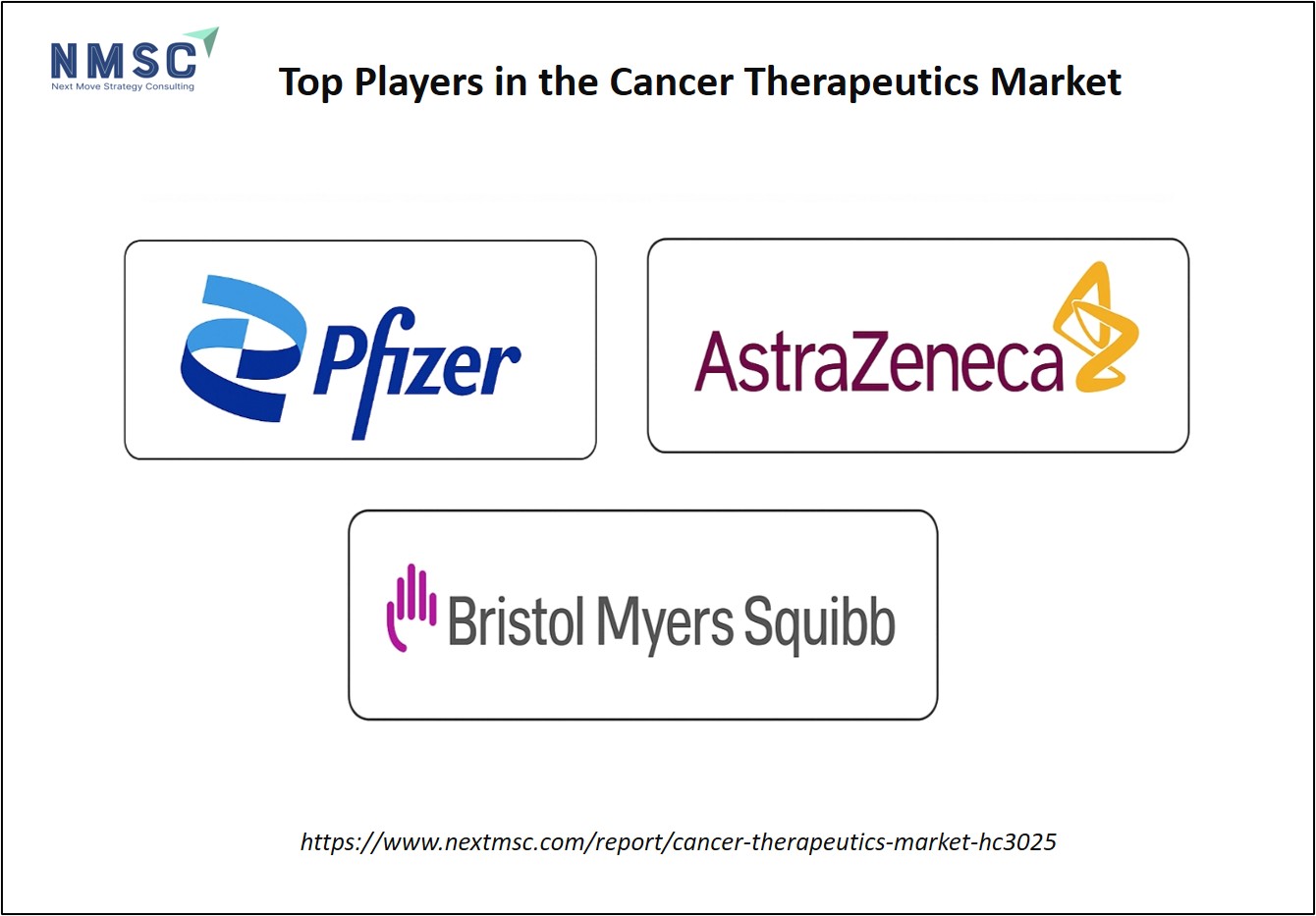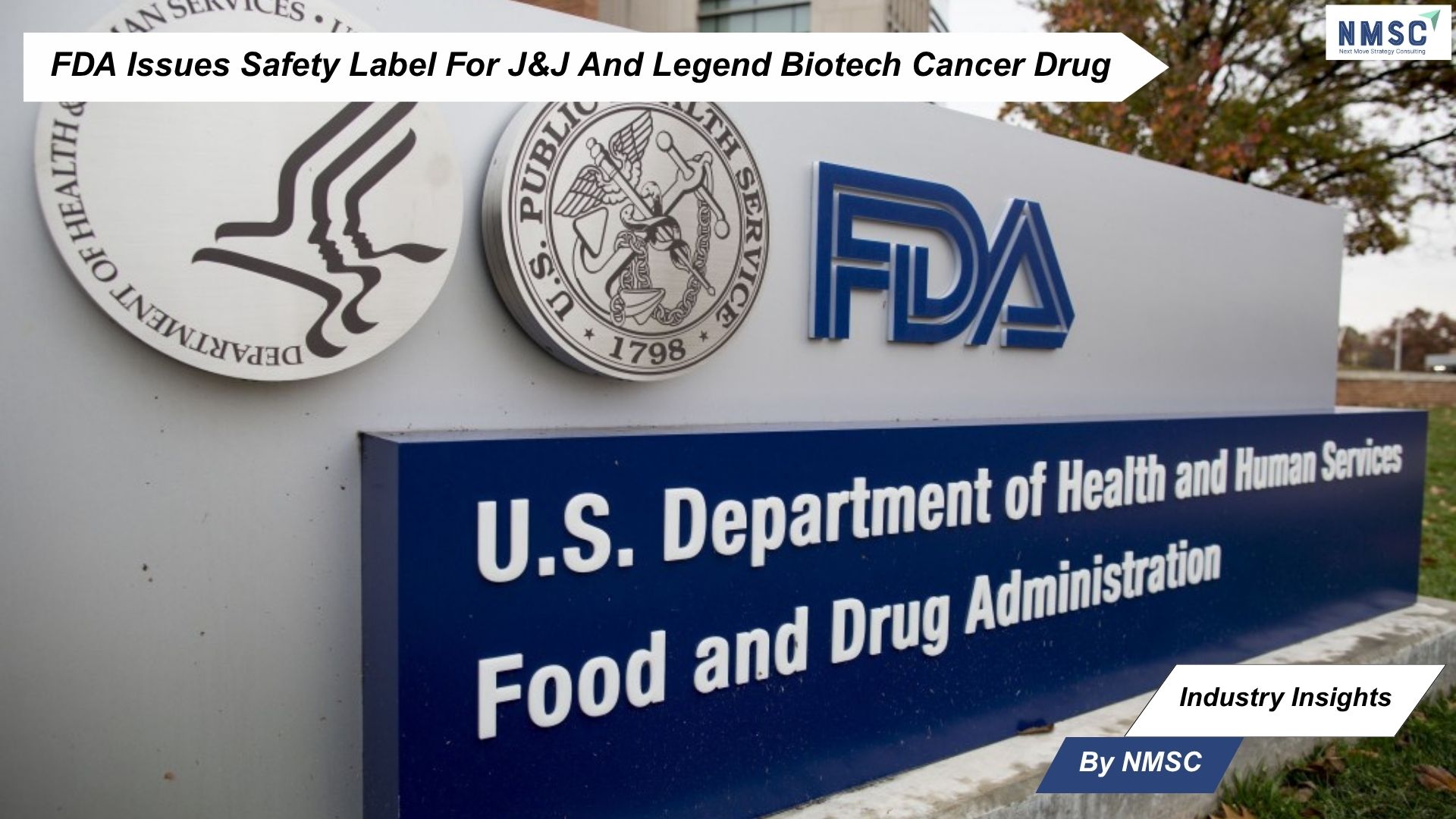Targeted Cancer Therapeutics Surge with Breakthroughs
Published: 2025-11-01

The global cancer therapeutics landscape is undergoing a significant transformation, with new drug approvals, region-specific advancements, and strategic partnerships defining the path forward. From highly targeted antibody-drug conjugates (ADCs) to emerging protein degrader platforms, recent developments in 2024 and 2025 underscore a robust pipeline of innovative therapies designed to improve patient outcomes in hard-to-treat cancers.
Latest Developments in Cancer Therapeutics (2024–2025)
In 2025, several key milestones have redefined therapeutic oncology. Among the most impactful is in June 2025, the U.S. Food and Drug Administration’s (FDA) granted six major oncology approvals affecting head and neck, bladder, lung, and prostate cancers. Backed by strong clinical trial evidence, these approvals mark significant advances in personalized medicine, curative-intent immunotherapies, and innovative local drug delivery approaches.
These include:
-
Pembrolizumab (Keytruda) Approved as Neoadjuvant and Adjuvant Therapy in Head and Neck Cancer: On June 12, 2025, the FDA approved pembrolizumab (Keytruda) for use both before (neoadjuvant) and after surgery (adjuvant), in combination with radiotherapy—with or without cisplatin—for adults with resectable, locally advanced head and neck squamous cell carcinoma (HNSCC) whose tumors express PD L1 with a Combined Positive Score (CPS) of 1 or higher.
-
Zusduri (Mitomycin Intravesical Solution) for Bladder Cancer: On June 12, 2025, the FDA approved Zusduri, an intravesical mitomycin solution, for adult patients with recurrent low-grade, intermediate-risk non–muscle invasive bladder cancer (LG IR NMIBC).
-
Taletrectinib (Ibtrozi) for ROS1 Positive NSCLC: On June 11, 2025, the FDA approved Taletrectinib (Ibtrozi), a kinase inhibitor, for the treatment of adults with locally advanced or metastatic ROS1-positive non–small cell lung cancer (NSCLC).
-
Darolutamide (Nubeqa) for Metastatic Castration-Sensitive Prostate Cancer: On June 3, 2025, the FDA approved an expanded indication for Darolutamide (Nubeqa) to treat metastatic castration-sensitive prostate cancer (mCSPC) in combination with androgen deprivation therapy (ADT), with or without docetaxel.
-
Tafasitamab-cxix (Monjuvi) for Relapsed or Refractory Follicular Lymphoma: On June 18, 2025, the FDA approved tafasitamab-cxix (Monjuvi) in combination with lenalidomide and rituximab for adults with relapsed or refractory follicular lymphoma (FL) who have undergone at least two previous systemic treatments.
-
Datopotamab Deruxtecan-dlnk (Datroway) for EGFR-Mutated Non-Small Cell Lung Cancer: On June 23, 2025, the FDA granted accelerated approval to datopotamab deruxtecan-dlnk (Datroway) for treating adults with locally advanced or metastatic EGFR-mutated non–small cell lung cancer (NSCLC) who have previously been treated with both an EGFR-targeted therapy and platinum-based chemotherapy.
These approvals emphasize precision oncology, where therapies are designed around specific genetic or molecular targets rather than just tumor location.
Strategic Collaborations and Emerging Therapeutic Platforms
Gilead Sciences has signed an option and license agreement with Kymera Therapeutics to advance and commercialize a class of cancer drugs known as molecular glue degraders, the companies announced on Wednesday. Under the terms of the deal, Gilead will provide up to $750 million in total, including an upfront payment of up to $85 million, in exchange for global rights to develop, manufacture, and market Kymera’s drug candidates.
Under the agreement, Kymera is also eligible to receive tiered royalties based on net sales of the licensed drugs. Unlike conventional cancer therapies that block the activity of specific proteins, Kymera's drug candidates are engineered to selectively degrade a protein known as CDK2 (cyclin-dependent kinase 2).
“This mechanism fits within our oncology research strategy, which focuses on therapeutic agents that precisely target and eliminate cancer cells while sparing healthy tissue,” said Flavius Martin, Executive Vice President of Research at Gilead. According to both companies, the agreement with Kymera is projected to lower Gilead’s earnings per share in 2025 by approximately two to three cents.
Regional Dynamics: Dominating and Fastest-Growing Markets
Canada, North America:
Fatty liver disease, officially termed metabolic dysfunction-associated steatotic liver disease (MASLD), impacts nearly eight million people in Canada. Among them, about 20 percent are expected to develop metabolic dysfunction-associated steatohepatitis (MASH), a more severe subtype that significantly heightens the risk of liver cancer.
The ACLY-inhibiting drug, known as EVT0185, was tested in mice with both MASH and liver cancer. Those treated with the drug developed fewer tumors, which were also more susceptible to immune cell attacks—especially from B cells.
However, researchers emphasize that further studies are necessary to fully understand how inhibiting ACLY in tumors boosts immune system activity and whether a similar B cell-driven immune response could be replicated in humans or in other forms of cancer.
The study received funding from the Canadian Institutes of Health Research Foundation Grant and Espervita Therapeutics, with several authors listed as shareholders in the company.
Europe:
The research was carried out in the laboratories of Professor Jim Norman and Professor Karen Blyth at the University of Glasgow’s Cancer Research UK Scotland Institute. Dr Cassie Clarke, the lead researcher from the Cancer Research UK Scotland Institute and the University of Glasgow, stated that the study marks a significant shift in the approach to preventing the spread of breast cancer.
Each year in the United Kingdom, approximately 56,800 people are diagnosed with breast cancer, and around 11,300 lives are lost to the disease. While advancements in research have made breast cancer significantly more treatable, it becomes much more difficult to manage once it spreads to other parts of the body.
China, Asia-Pacific:
In a clinical trial conducted in China, over 100 patients with advanced gastric or gastro-oesophageal junction (GEJ) cancer were randomly assigned to receive either CAR T-cell therapy or standard treatment. Those treated with CAR T-cell therapy had a median overall survival of 7.9 months, compared to 5.5 months for patients on standard care.
Patients treated with the engineered immunotherapy experienced a median progression-free survival of 3.3 months, nearly double the 1.8 months observed in those receiving standard care.
Researchers from Peking University Cancer Hospital & Institute in Beijing reported that CAR T-cell therapy demonstrated a statistically significant improvement in progression-free survival and a clinically meaningful increase in overall survival. They noted that the findings indicate CAR T-cell therapy could mark a paradigm shift in cancer treatment, potentially addressing a critical unmet need for certain patients.
Summary Table:
|
Region |
Key Focus |
Findings/Results |
Institution/Study Lead |
Significance |
|
Canada(North America) |
Fatty Liver Disease & Liver Cancer (MASLD/MASH) |
ACLY-inhibiting drug (EVT0185) reduced tumors and improved immune response (B cells) in mice with MASH and liver cancer. |
Canadian Institutes of Health Research; Espervita Therapeutics |
Promising preclinical results; further human studies needed. |
|
Europe (UK) |
Breast Cancer Metastasis Prevention |
New research suggests a shift in approach to stop breast cancer from spreading. |
University of Glasgow; Cancer Research UK Scotland Institute |
Aims to improve treatment of metastatic breast cancer. |
|
China(Asia-Pacific) |
Advanced Gastric/GEJ Cancer |
CAR T-cell therapy showed median overall survival of 7.9 months vs. 5.5 months with standard care; progression-free survival nearly doubled. |
Peking University Cancer Hospital & Institute |
Demonstrates potential for CAR T-cell therapy to transform treatment for advanced gastric cancers. |
Key Players Drive Cancer Innovation Through Strategic Deals
-
AstraZeneca: Its ambitious goal of reaching $80 billion in revenue by 2030 could be significantly supported by the development of three new cancer drugs, according to a company executive speaking to Investor's Business Daily.
-
Pfizer: This U.S.-based pharmaceutical giant, has announced a licensing agreement with China’s 3SBio Inc. for an experimental cancer therapy. The deal includes an upfront payment of $1.25 billion, with the potential for up to $4.8 billion in additional milestone-based payments. In addition, Pfizer intends to invest $100 million in equity in 3SBio following the transaction’s anticipated closure in the third quarter.
-
Bristol Myers Squibb: It has entered into a partnership with Germany's BioNTech worth up to $11.1 billion to co-develop BioNTech’s next-generation cancer immunotherapies, potentially positioning the therapies as competitors to Merck & Co.'s blockbuster drug, Keytruda. The agreement includes $3.5 billion in guaranteed payments and supports BioNTech’s long-term strategy to invest heavily in cutting-edge cancer treatments, reinforcing its position beyond its COVID-19 vaccine collaboration with Pfizer.
Conclusion
With the oncology landscape evolving from broad-spectrum treatments to precision-targeted therapies, companies that can integrate diagnostics, leverage novel mechanisms like protein degradation, and navigate regional regulatory advantages will lead the next wave of cancer therapeutics. For stakeholders across pharma, biotech, diagnostics, and healthcare procurement, understanding these trends is vital to shaping long-term strategies.
About Next Move Strategy Consulting:
Next Move Strategy Consulting is a premier market research and management consulting firm that has been committed to provide strategically analysed well documented latest research reports to its clients. The research industry is flooded with many firms to choose from, what makes Next Move different from the rest is its top-quality research and the obsession of turning data into knowledge by dissecting every bit of it and providing fact-based research recommendation that is supported by information collected from over 500 million websites, paid databases, industry journals and one on one consultations with industry experts across a diverse range of industry sectors. The high-quality customized research reports with actionable insights and excellent end-to-end customer service help our clients to take critical business decisions that enables them to move beyond time and have competitive edge in the industry.
We have been servicing over 1000 customers globally that includes 90% of the Fortune 500 companies over a decade. Our analysts are constantly tracking various high growth markets and identifying hidden opportunities in each sector or the industry. We provide one of the industry’s best quality syndicate as well as custom research reports across 10 different industry verticals. We are committed to deliver high quality research solutions in accordance to your business needs. Our industry standard delivery solutions that ranges from the pre consultation to after-sales services, provide an excellent client experience and ensure right strategic decision making for businesses.
For more information, please contact:
Next Move Strategy Consulting
5th Floor 867
Boylston St, STE 500,
Boston, MA 02116, U.S.
E-Mail: [email protected]
Direct: +1-217-650-7991
Website: www.nextmsc.com

















Add Comment